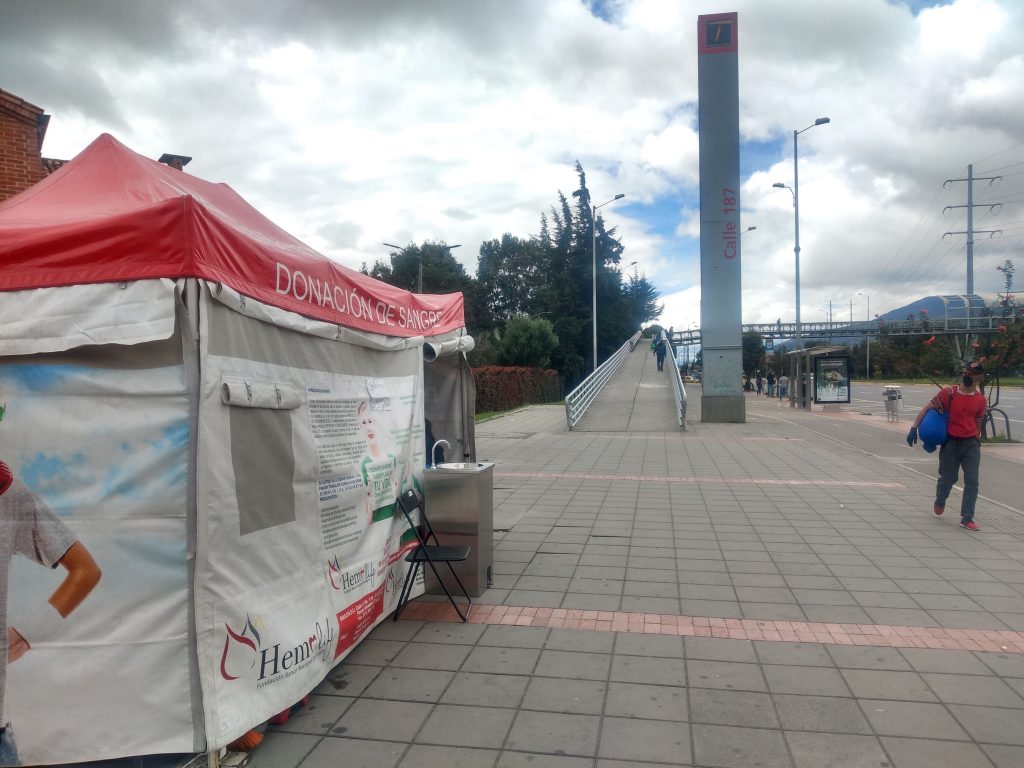@wwaycorrigan
Rejection is never easy to accept. Nonetheless, like most things in life, the more we experience it, the better we are at dealing with it.
Both personally and professionally I’ve had my fair share of rejection. I won’t say that I’m now indifferent and immune to it to the point where I have a reckless attitude towards everything.
Indeed, even for those who seem «done» with life, who appear to care about nothing, a lot of the time this is just masking disappointments and, perhaps, bitterness and envy. I haven’t quite given up just yet.
‘Don’t have a cow, man!’
That being said, when the rejection attacks the very fibre of your being, literally the blood running through your veins, a fundamental component that keeps you in the game of life, this is particularly hard to take.
Throw in the fact that you were only trying to be helpful, expecting absolutely nothing in return from the recipient(s) of your altruistic deed, and it really only brings about that «why bother?» state of mind.
You see, I’ve been told my blood, my rare enough B-negative blood, is not wanted here in Colombia. Apparently, it’s to do with the fact that I’m from a mad cow disease country. I know, ‘You said what now?’
‘What has changed between now and 2014 to make my blood unwanted?’
I got wind of this last year when I tried to donate on my then employer’s health day. At the time I thought it was just that particular blood bank. After all, in 2014 I gave blood in Bogotá, no questions asked — well, bar the obligatory ones you get asked before being needled up (‘Do you practice safe sex?’ ‘If by safe you mean abstinence, yes.’).
So the other week I tried again. ‘No señor. It ain’t happening.’
What’s changed between 2014 and now to render my blood unsuitable for Colombians? To my knowledge, there haven’t been incidents of mad cow disease in Ireland for years. If anything, things were riskier a few years back.
I take it that in the intervening period they’ve discovered some incompatibility. No one has been able to give me a clear answer thus far.
Needless to say, I’m no haematologist but I would have thought a simple test could be carried out to see if my blood is OK for donating. We can only assume this isn’t possible.
A blood sport
Now, I won’t lose sleep over the possibility of never donating blood again in my life — you could say I’m quite sanguine about the situation — but there is a part of me that wants to do it, at least once more.
One reason for this is that the first and only time I did it, in 2014, it wasn’t — it shames me somewhat to admit — for altruistic reasons only. No, I wanted to find out what my blood type was.
I had no idea and earlier that year I, um, took a stab at what it was in order to get my first ever Colombian ID, cédula extranjería, issued (a requirement once a work visa is approved). I think I said I was ‘O positive’ and signed a document to that effect. True to form, ‘Wrong Way’ was wrong with that one.
So now I want to give blood for the sole reason that I might help save somebody’s life.
A blood-bank employee did tell me that I’d be able to donate here if I hadn’t returned to a mad cow disease country for something like three years or more. For the record, I was last in Ireland in September 2018.
Considering I tend to go back home every two years or so, it looks like I won’t be giving blood in Colombia any time soon, if ever again.
I guess I’ll just have to wait to do it next time I’m back in Europe. Here’s hoping I don’t faint as I almost did on the first occasion — I’m a bit queasy when it comes to these things.
Maybe, though, like rejection, I’ll get better at dealing with it the more I experience it. The risk is, however, I become so thick-skinned that no one will get any blood out of me ever again.
___________________________________________
Listen to Wrong Way’s Colombia Cast here.
Facebook: Wrong Way Corrigan — The Blog & IQuiz «The Bogotá Pub Quiz».


